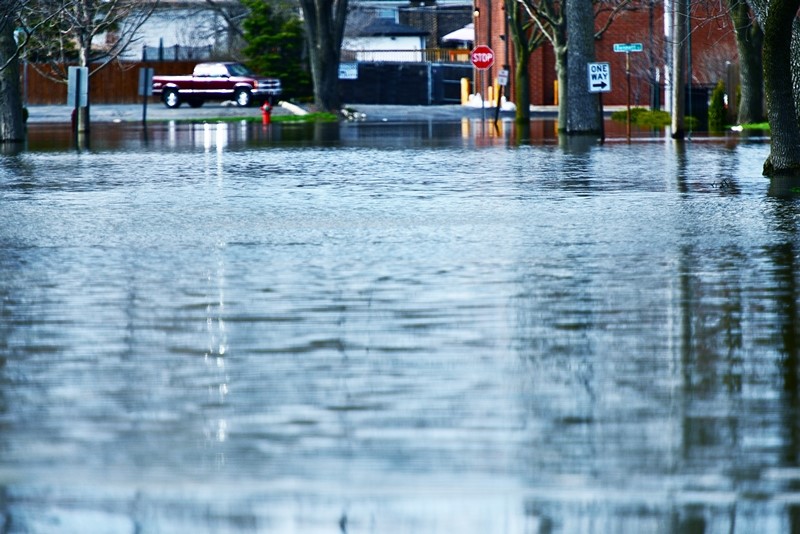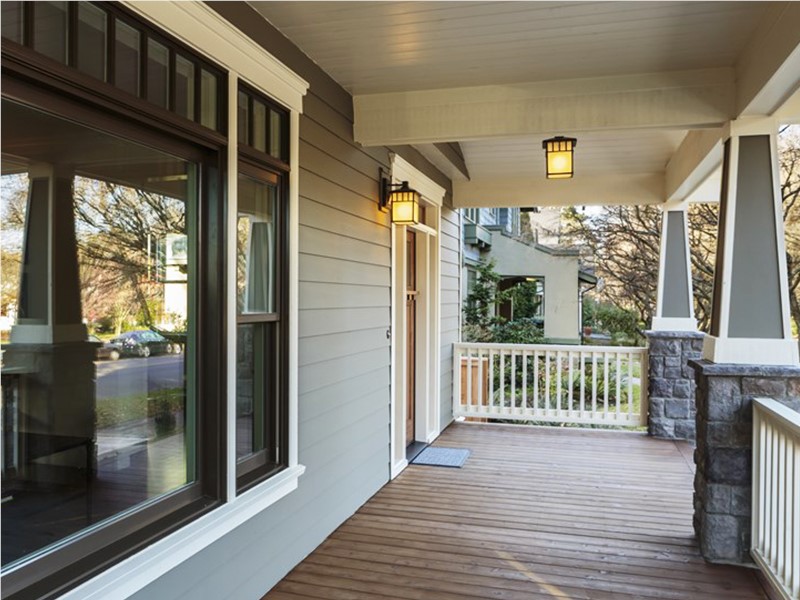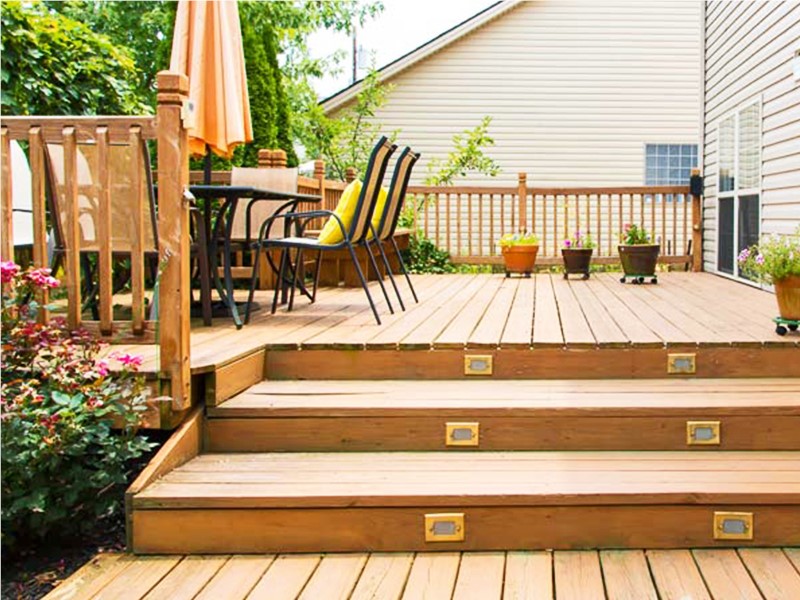
Very often, too much water pouring down during thunderstorms results in numerous closures of streets in neighborhoods of Chicago and Chicago suburbs.
Usually, the consequences are major traffic jams, waterlogged basements and even a handful of school closures. Officials stated that with up to 5 inches of rain coming down in just a few hours, the reservoir system for Chicago area is unable to keep up and thousands of gallons of storm water spilled into adjacent streets and homes causing major roadblocks, flooding and basically, chaos.
Floods are very common in the Midwest region because of its flat topography. Some floods develop slowly, whereas, some can develop in a few minutes in cases of flash floods. Such rain floods impact not only small neighborhoods and communities, but large river basins and multiple states.
What to do after your basement or home floods?
Here are some helpful suggestions to get you through the next couple of days after a major rainstorm and flood affect your neighborhood:
- Turn off all electrical power in the house or call an electrician for safety measures
- Be aware of any gas leaks, or call for professional assistance
- Thoroughly assess your home and carefully walk-in or walk-through the flooded area
- Check floodwater levels and observe any structural damage
- Change into protective wear, such as waterproof boots or galoshes, long pants, gloves, etc.; (this suggestion can be used as step #1)
- You must act and work as quickly as possible in cleaning-up, removing water and doing everything you can to eliminate the possibility of growing mold
- Use buckets, mops, a pump, and an extra pair of hands - do not hesitate to call family and friends to help; remove any dirt, mud or other debris that may have come into the house during the flood
- Use antifungal sprays and mold killing detergents and disinfectants in the cleaning process
- Dry out your home as quickly as possible with the use of fans, heaters and dehumidifiers, opening windows and doors (weather permitting); make sure it is safe to use electrical appliances first
- Immediately remove wall-to-wall carpeting and other rugs; the padding takes a very long time to dry and will only end up smelling foul and lead to mold growth
- Check all walls and paneling, these may have to be removed if discoloration appears, this may be a sign of possible mold
- Before repairing or replacing any structures, make sure everything is completely dry
- Remove or throw-away wet and/or moldy furniture, boxes and household items, do not just move them into another area of the house, because mold may spread onto the clean and dry areas as well
- All affected clothes and bedding should be washed, it may take up to a good three washings in some cases
Even though, these are just tips to act quickly after a flooding, you should definitely consider hiring a professional cleaning crew to clean-out and disinfect your home. This could save you time and energy, and their skill and expertise will help with some of the headache of dealing with such a disaster.
After you have safely removed all contaminants of mold and other impurities and you have decided to totally renovate your home or basement, call Pro Home 1, Inc. for an assessment and we will once again create a loving environment you once had or have always wanted!
Tags
Subscribe to Pro Home 1's Blog









Comments